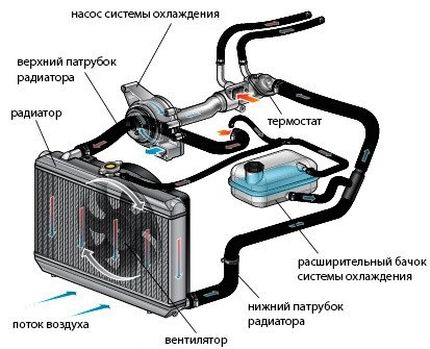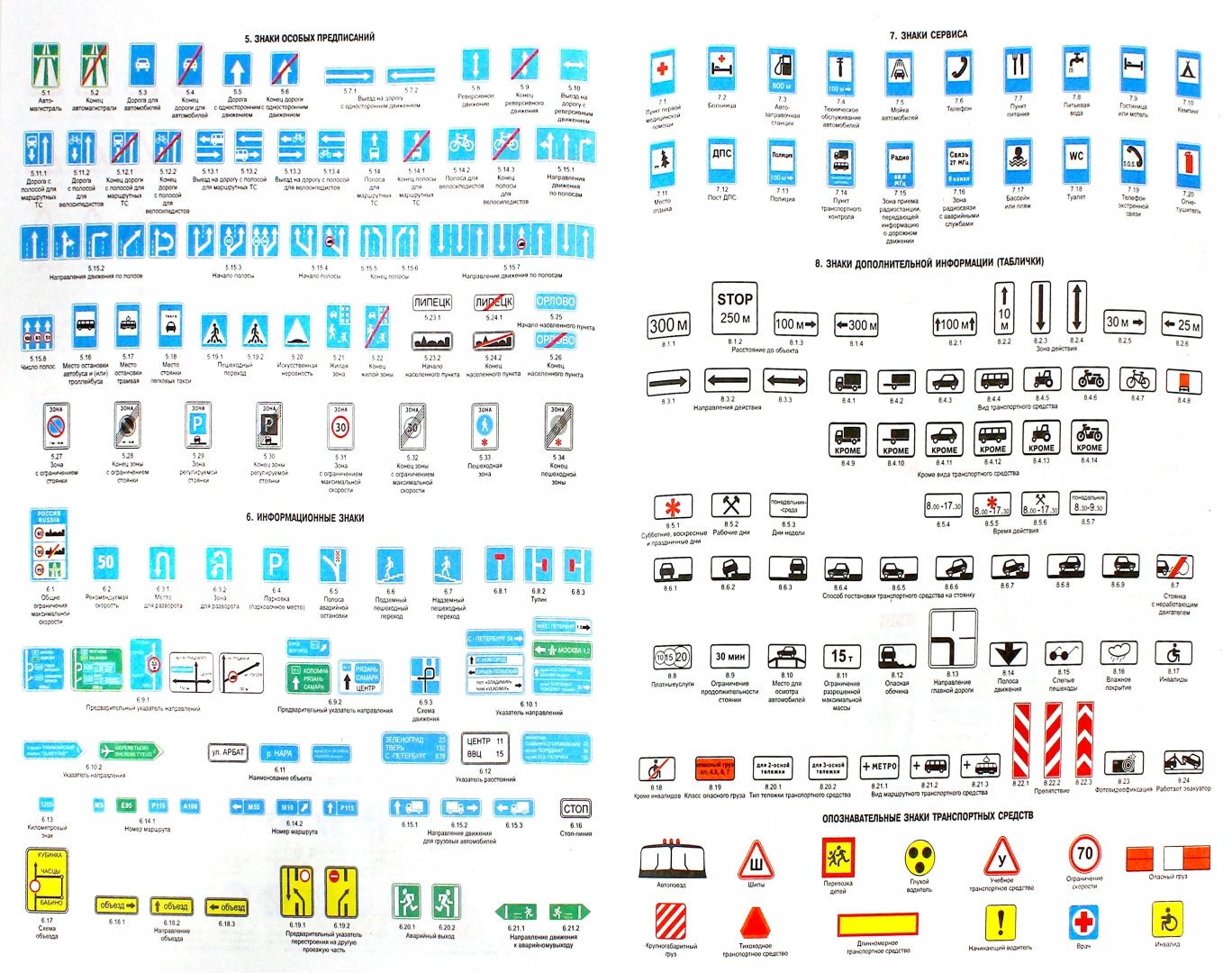
Symptoms of a Faulty or Faulty Cooling/Radiator Fan Motor
If the fans do not turn on, the vehicle overheats and the fuses blow, you may need to replace the cooling/radiator fan motor.
Virtually all late model cars and the vast majority of road vehicles use radiator cooling fans with electric motors to cool the engine. The cooling fans are mounted on the radiator and work by pulling air through the radiator fans to keep the engine cool, especially at idle and at low speeds when the airflow through the radiator is much less than at road speeds. As the engine runs, the temperature of the coolant will continue to rise, and if no air is passed through the radiator to cool it, it will begin to overheat. The task of cooling fans is to provide airflow, and they do this with the help of electric motors.
The motors used in many cooling fans are not unlike conventional industrial motors and are often a serviceable or replaceable component of the cooling fan assembly. Because they are the component that spins the fan blades and creates airflow, any problems that end up with fan motors can quickly escalate into other problems. Usually, a failing or faulty cooling fan motor has several symptoms that can alert the driver to a potential problem that needs to be addressed.
1. Cooling fans do not turn on
The most common symptom of a bad cooling fan motor is that the cooling fans won't turn on. If the cooling fan motors burn out or fail, the cooling fans turn off. The cooling fan motors work in conjunction with the cooling fan blades to force air through the heatsink. If the motor fails, the blades will not be able to rotate or produce airflow.
2. Vehicle overheating
Another sign of a possible problem with the cooling fan or radiator motors is that the vehicle is overheating. Cooling fans are thermostatic and are designed to turn on when a certain temperature or conditions are met. If the cooling fan motors fail and turn off the fans, the motor temperature will continue to rise until the motor overheats. However, engine overheating can also be caused by a range of other problems, so it is highly recommended to properly diagnose your vehicle.
3. Blown fuse.
A blown cooling fan circuit fuse is another sign of a potential problem with the cooling fan motors. If the motors fail or overvoltage, they can blow a fuse to protect the rest of the system from any kind of damage due to power surges. The fuse will need to be replaced to restore the possible functionality of the fans.
Cooling fan motors are an essential component of any cooling fan assembly and play a key role in maintaining a safe vehicle temperature at idle and at low speeds. For this reason, if you suspect that your cooling fan motors may be having problems, contact a professional specialist, such as a specialist from AvtoTachki, to check the vehicle. They will be able to inspect your vehicle and replace the cooling fan motor.
